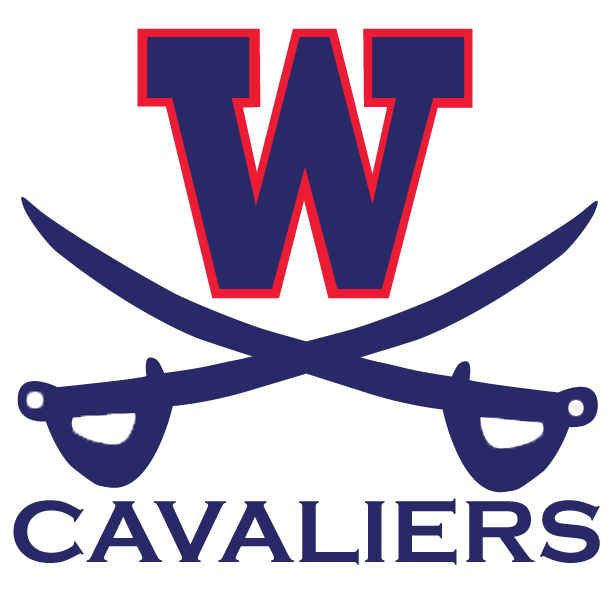Honor Code
The C. G. Woodson Honor Code, Revised 2023 – 2024
C. G. Woodson’s goal is to promote a community of trust that will enhance student achievement. Students who accept responsibility for their own academic integrity learn and can take pride in genuine achievement. This Honor Code represents expectations of student behavior that are consistent with fully preparing future citizens in a democratic society.
What is Honor?
- The honorable person is a person of honesty and integrity.
- Honesty means doing your own work.
- Integrity means doing the right thing, even when no one is watching.
Honor in academic endeavors carries over into adulthood. Honorable students become honorable citizens in the workplace, in society, and in their personal lives. Practically speaking, honor allows a society to function smoothly.
- Honor is also valuable in and of itself. It is a higher good that guides a person’s decision-making. Yet honor should not be the basis of an individual’s actions in isolation. In its fullest form, honor is communal. The citizen who witnesses a crime is duty-bound to report it. Students have a similar obligation to encourage one another to be honorable and to report dishonorable behavior which weakens our school community.
What is Academic Honor?
- An honorable student takes pride in the products of his or her own talents and efforts. The honorable student respects others’ work and would not claim it as his or her own. Therefore, the honorable student does not engage in the following actions:
- Cheating includes copying or allowing others to copy assignments, unauthorized use of study materials (paper or electronic), and unauthorized prior knowledge of assessments.
- Plagiarism is stealing another’s work and passing it off as one’s own. Teachers may require students to submit assignments to programs such as the Turnitin.com database for plagiarism detection.
What is the C. G. Woodson Honor Council?
- The purpose of the Honor Council is to review alleged Honor Code violations. The Honor Council gives students an opportunity to appeal the alleged violation or to accept consequences for violating the Honor Code. Consequences for violations will be consistent throughout the school.
The Honor Council consists of a group of teachers and students who review cases of disputed honor violations and decide whether a violation has occurred. This decision will be based on presented written evidence from the referring staff member and the referred student, as well as any other written testimony deemed relevant to the case. This material will be presented to the council anonymously, so as to create an unbiased panel.
What are the consequences for violation of the Honor Code?
- Freshman Forgiveness: If a freshman has only one Honor Code violation at the end of the freshman year, that violation will be expunged from the record.
Consequences for Violations
Each Offense
- The violation is referred to the Honor Council through the formal referral process.
- The student receives a 0% on the graded assignment that gave rise to the Honor Code violation with the opportunity to retest.
- The student’s parents/guardians, teacher, and administrator are notified of the violation.
- Administrator meets with the student to review honor code expectations and policies
- Admission to and participation in honor societies, student advisory council, class officers, Student Government Association, and Leadership class may be impacted based upon their policies.

